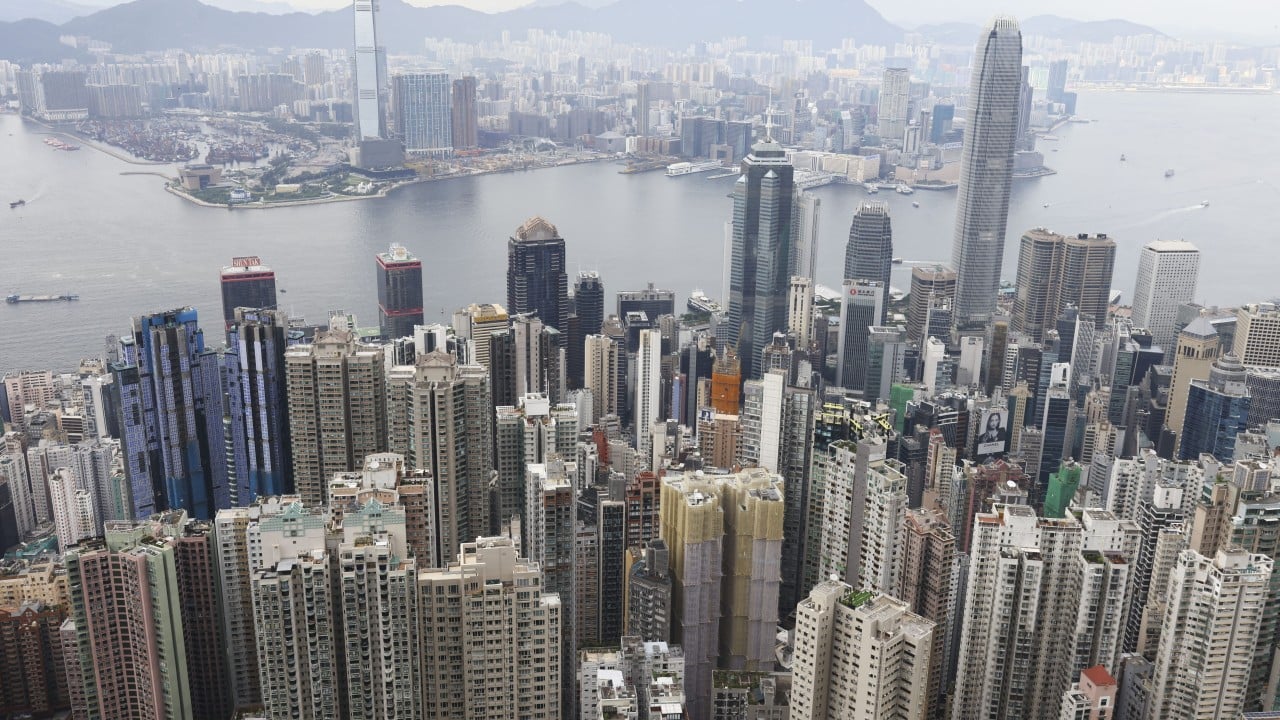Hong Kong’s German business contingent feels “unease” about the city’s political climate and the high cost of rent for offices and housing, a survey has revealed.
The poll, unveiled on Tuesday, also found that, although business confidence had almost got back to pre-pandemic levels, staffing problems and a perceived decline in the level of English skills worried companies.
Johannes Hack, the president of the German Chamber of Commerce, said the political situation and discussions over the new national security legislation had affected how the city was seen at companies’ headquarters at home.
“There, the impression that Hong Kong is increasingly becoming ‘just another Chinese city’ is becoming more common and it’s getting harder to make the case for all the ways in which Hong Kong is still different,” Hack added.
He said the cost of housing was also a problem that was becoming “more pronounced” because a weaker business environment had focused attention on expenses.
“In sum, we feel that our members on the ground are still mostly positive about their own and their business’ future in Hong Kong, Hack added.
“But they are finding it harder to convince their stakeholders and interest from new staff to move to Hong Kong is lower than it used to be.”

The online survey was carried out between June and July by the chamber and German Industry and Commerce.
A total of 119 businesspeople from companies headquartered in Germany were asked to rate Hong Kong’s competitiveness in several areas on a scale of 1 to 5.
Business confidence was at 3.36 this year, up from a low of 2.30 in 2022 and close to 2019’s 3.37.
Hong Kong was seen as highly competitive in areas such as taxation, which scored 4.47.
But other areas, such as the city’s political climate, on 2.75, as well as the rental costs for offices and housing, at just 2, scored noticeably lower.
The survey report said the low scores in the two categories reflected “a certain level of unease among businesses about the sustainability of operating in the city, particularly when looking ahead to 2025”.
Almost 44 per cent of respondents predicted the city’s competitiveness in relation to the political climate would worsen over the next 12 months, compared with 3.7 per cent who said it would improve.
The report also highlighted that the city’s recent domestic national security legislation was a “point of worry,” and that some had questioned the city’s ability to maintain its status as a global financial centre as a result.
The Safeguarding National Security Ordinance which went on the law books in March, fulfilled requirements under Article 23 of the Basic Law, the city’s mini-constitution.
Foreign businesses earlier this year raised concerns about the legislation, which came after 2020’s Beijing-imposed national security law.
Some businesses admitted they had reviewed their practices, but others said they had adopted a wait-and-see approach.
The survey found that 41.1 per cent of respondents maintained the domestic national security legislation had not affected stakeholder confidence in Hong Kong, but 28 per cent said it had. Almost 40 per cent said they were not sure.
The ability to attract top-notch staff from overseas was also seen as a problem.
The survey found 38.3 per cent of respondents expected the city’s competitiveness in that area to worsen over the next year.
Business figures said industries such as logistics, finance, supply chain management, and IT had also faced difficulties in the recruitment of skilled workers.
Respondents added they faced a shrinking talent pool and that the high cost of living made it harder to offer competitive salaries.


